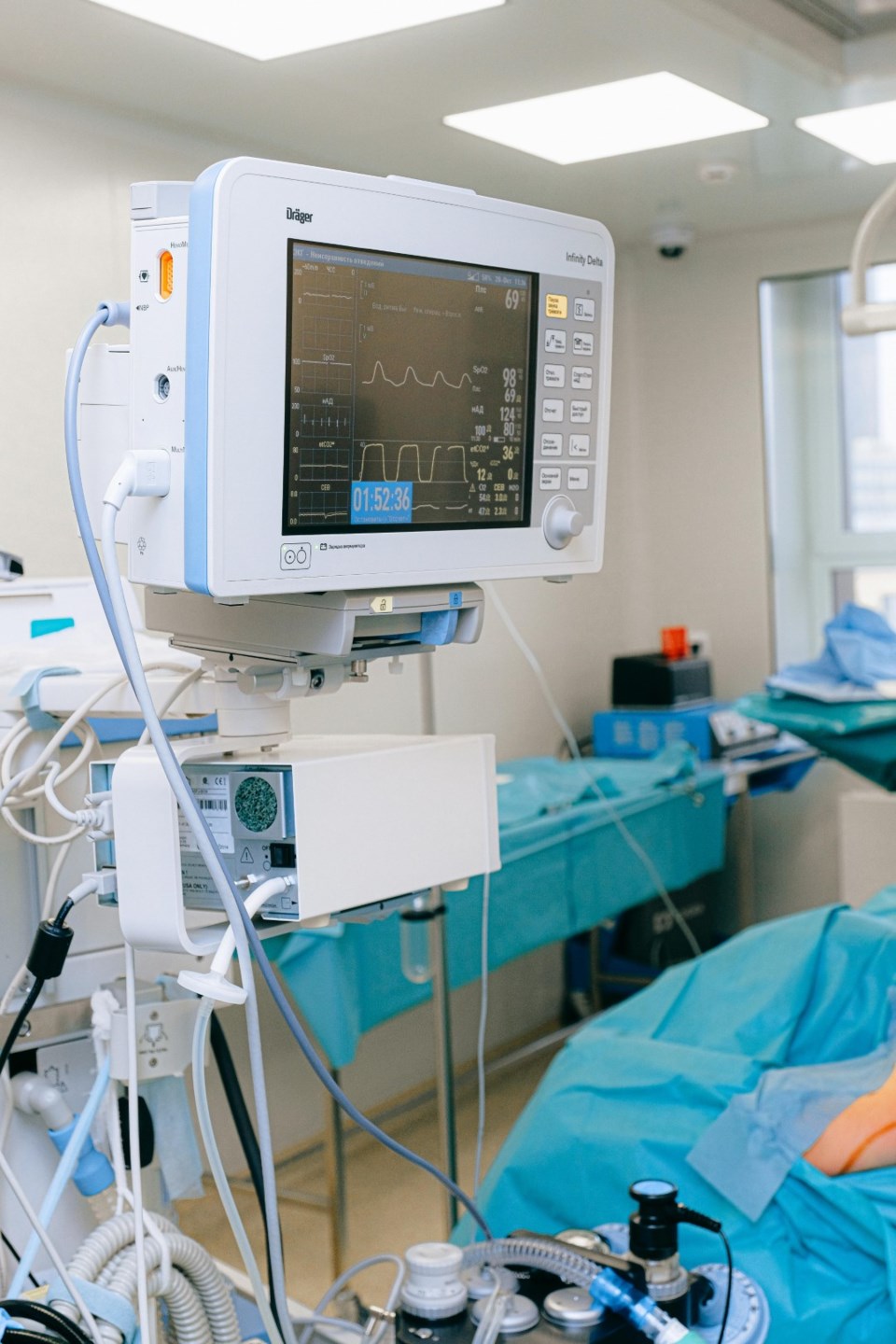REGINA — Saskatchewan is introducing the province's first Interventional Tricuspid Valve Repair Program.
Government funding has been allocated to a program capable of performing up to 10 specialized tricuspid procedures annually at the Royal University Hospital Catheterization Lab in Saskatoon. Annual funding would be $330,000 for the devices and program.
The Interventional Tricuspid Valve Repair Program will use an innovative Tricuspid Intervention Device, which is a minimally invasive technique to correct leaks in the tricuspid valve. According to the Saskatchewan Health Authority, this approach aims to enhance heart function and improve patient outcomes through a less invasive procedure compared to traditional methods. This not only improves recovery time but also eliminates the need for out-of-province travel, reducing financial and logistical burdens, the SHA adds.
SHA explains the program will leverage the existing expertise of Saskatchewan cardiologists already trained in mitral valve repairs, who are well-equipped to perform tricuspid repairs using their current skills and infrastructure without requiring additional training.
This program builds upon the successful implementation of the Mitral Clip Procedure piloted in 2023. While the mitral valve is located between the left atrium and left ventricle, the tricuspid valve is situated between the right atrium and right ventricle. Treatments for both these procedures use a similar strategy and allow patients to receive treatment locally.
Programs like the Interventional Tricuspid Treatment Program help to ensure patients continue to receive the care they need, as close to home as possible,” SHA Integrated Saskatoon Health VP John Ash said.
"I am proud that people of Saskatchewan can now receive this life-saving, non-invasive surgical procedure at home in Saskatchewan," Interventional Cardiologist Dr. Janine Eckstein said.
"It can be very stressful for patients, and their families, to travel for a procedure that can change their quality of life. I would like to thank everyone who helped make this happen."
This investment underscores the provincial government's commitment to enhancing health care services and improving the quality of life for Saskatchewan residents.




